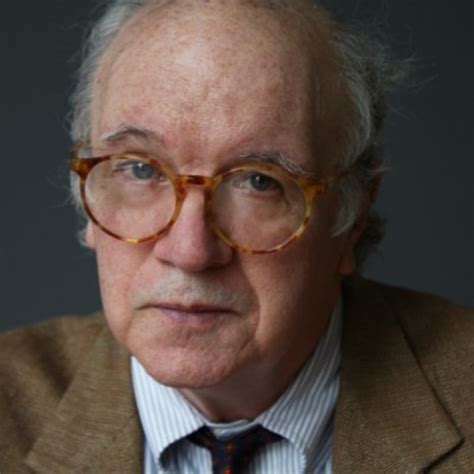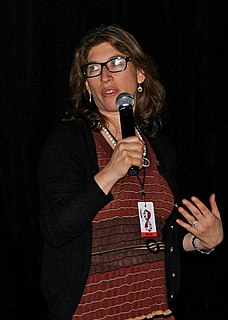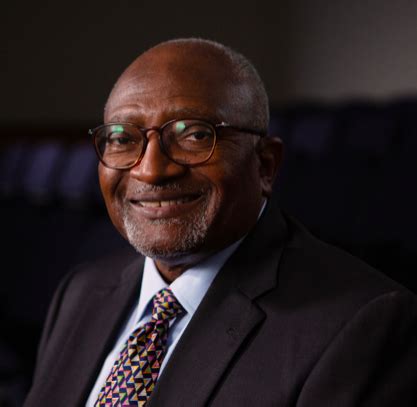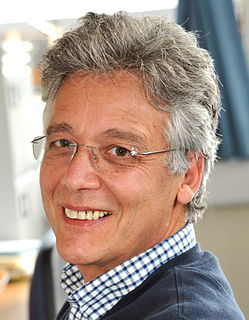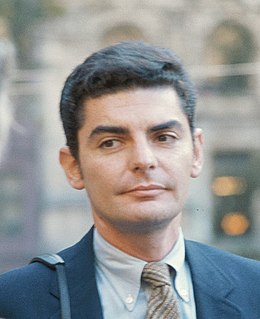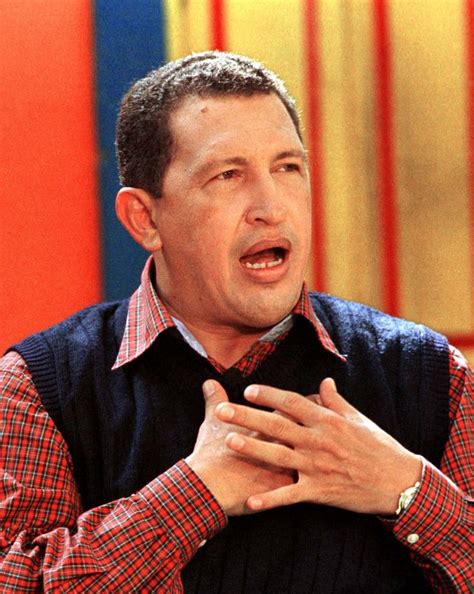Top 1200 Social Inequality Quotes & Sayings - Page 2
Explore popular Social Inequality quotes.
Last updated on November 25, 2024.
We in America were worried about many problems dealing with economic inequality and political inequality. The Communist Party seemed to be the only political force, both concerned and willing, to take action to stop the threat of fascism abroad and to work for economic and political reform in this country.
America has tolerated inequality because people think they can get ahead. If you have immobility on top of inequality, then people are not going to be happy campers. If you're stuck on the bottom and there just isn't much churning in society and you're stuck there through your adulthood, that's not a nice life to look forward to.
Think of a public library, worth more for those who cannot afford numerous books. Think of a public waterway or fishing ground. All types of commons have imputed monetary value that together comprise a source of social income. As such, the commons reduces economic inequality and insecurity in society.
The critique of social inequality, which is very much a part of my story, came about naturally from my recollection of Huck and Tom and the controversy surrounding [Mark] Twain's use of them and from my own passionate interest in civil rights, animal rights, and the right of Earth to survive humankind's reprehensible neglect of its stewardship.
Egalitarians create the most dangerous inequality of all - inequality of power. Allowing politicians to determine what all other human beings will be allowed to earn is one of the most reckless gambles imaginable. Like the income tax, it may start off being applied only to the rich but it will inevitably reach us all.
We must begin by acknowledging that there is a complete absence of two things in Indian Society. One of these is equality. On the social plane we have an India based on the principles of graded inequality, which means elevation for some and degradation for others. On the economic plane we have a society in which there are some who have immense wealth as against many who live in abject poverty.
To live in a culture in which women are routinely naked where men aren't is to learn inequality in little ways all day long. So even if we agree that sexual imagery is in fact a language, it is clearly one that is already heavily edited to protect men's sexual - and hence social - confidence while undermining that of women.
When the wilderness movement emerged, it emerged separate from the issue of social inequality and the economic problems of survival. It was a preservationist ecology movement created by an occupying culture. Clearly, a wilderness movement started by Native Americans would not have had the same roots.
I made an effort to ensure social safeguards. But our economy has to grow - and Chile, with a population of 17 million, cannot depend entirely on its domestic market. Which is why the decision to focus on exports, made at the beginning of the democratic era, was the correct one. We are continuing to do so. For a long time, Chile has been successful in combating poverty. But now we must focus more on fighting inequality.
I was at the World Bank and a commission reviewed our work on inequality for the U.S. Congress or somebody, and the head of the commission said to us: "You are spending taxpayer money to study issues like inequality? Which goes directly against capitalism and growth." That was the perception, that it should not be studied.
Through much of its history, the US did not have high inequality as compared with Europe. Less so, in fact. That began to change in the industrial age, reaching a peak in 1928, after the forceful destruction of the labor movement and crushing of independent thought. Largely as a result of labor mobilization, inequality declined during the Great Depression, a tendency continuing through the great growth period of regulated capitalism in the early postwar decades.
These economic, social, cultural and educational causes of opportunity inequality are complex. And they will not be solved by continuing with the same stale Washington ideas. Five decades and trillions of dollars after President Johnson waged his War on Poverty, the results of this big-government approach are in.
Depression is a serious problem, but drugs are not the answer. In the long run, psychotherapy is both cheaper and more effective, even for very serious levels of depression. Physical exercise and self-help books based on CBT can also be useful, either alone or in combination with therapy. Reducing social and economic inequality would also reduce the incidence of depression.
Marginalized youth, workers, artists and others are raising serious questions about the violence of inequality and the social order that legitimates it. They are calling for a redistribution of wealth and power - not within the old system, but in a new one in which democracy becomes more than a slogan or a legitimation for authoritarianism and state violence.
It clearly follows that to make men moral it is necessary to make their social environment moral. And that can be done in only one way; by assuring the triumph of justice, that is, the complete liberty of everyone in the most perfect equality for all. Inequality of conditions and rights, and the resulting lack of liberty for all, is the great collective iniquity begetting all individual iniquities.
The 1970s were the height of social mobility. College was accessible. My grandfather was a poor immigrant who went to a public school in Ohio, and my father went to Harvard. That wasn't unusual. There was a feeling that anything was possible and you didn't have to be born into money to have a successful life. Now, people don't believe in the idea that anything is possible. We have more inequality than we've had ever before and a greater concentration of wealth in the hands of a few.
I think, from a progressive point of view, to have a Democratic Congress and a Democratic White House, and to have spent the time on Obamacare, which had real benefits, 20 million insured, but not on inequality, was a major cost to the Democratic Party, costing them their majorities, but also a bit of a cost to the country, because it didn't address the fundamental issues that led to Donald Trump and that led to a lot of unhappiness, just the continued widening inequality.
Remember, until the 1970s, the spread of democracy has always been accompanied by the decline of inequality. The more democratic our societies have been, the more equal they have been becoming. Now we have the reverse tendency. The spread of democracy now is very much accompanied by the increase in inequality.
There are some people who say that they?re concerned only with poverty but not inequality. But I don?t think that is a sustainable thought. A lot of poverty is, in fact, inequality because of the connection between income and capability?having adequate resources to take part in the life of the community.
The reason our country looks the way it does is through social engineering that distinctly benefits suburban communities, exurban communities, and often white residents. And we are socially engineered in such a way as to, often unconsciously and unintentionally, but sometimes intentionally, perpetuate this divisive inequality.
The major economic policy challenges facing the nation today - pick your favorites among the usual suspects of low public and household savings, concerns about educational quality and achievement, high and rising income inequality, the large imbalances between our social insurance commitments and resources - are not about monetary policy.
The trends that are shaping the twenty-first-century world embody both promise and peril. Globalization, for example, has lifted hundreds of millions of people out of poverty while contributing to social fragmentation and a massive increase in inequality, not to mention serious environmental damage.
The great religious ages were notable for their indifference to human rights... not only for acquiescence in poverty, inequality, exploitation and oppression, but also for enthusiastic justifications for slavery, persecution, abandonment of small children, torture, and genocide... Moreover, religion enshrined hierarchy, authority, and inequality... It was the age of equality that brought about the disappearance of such religious appurtenances as the auto-da-fe and burning at the stake.
The important issue is not how much inequality there is but how much opportunity there is for individuals to get out of the bottom classes and into the top. If there is enough movement upward, people will accept the efficiency of the markets. If you have opportunity, there is a great tolerance for inequality. That has been the saving grace of the American system.
The Fourth Industrial Revolution has the potential to empower individuals and communities, as it creates new opportunities for economic, social, and personal development. But it also could lead to the marginalization of some groups, exacerbate inequality, create new security risks, and undermine human relationships.
He [Hugo Chavez] put poverty at the heart of political debate. Rightly so, given the country's immense inequality and poverty. He invested heavily in social programs such as literacy, health clinics, and education. He promoted Venezuela's indigenous culture and urged compatriots to take pride in its pre-Columbian history. He called time on the US treating Latin America as its backyard.
Labour ministers often look puzzled when reports show that Britain has one of the lowest levels of social mobility in the developed world. They just don't get it. They see poverty, inequality, fairness, as all about income. For the past 12 years, they have relied on tax credits to solve this. But tax credits do not solve poverty: they mask it.






